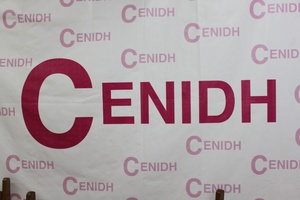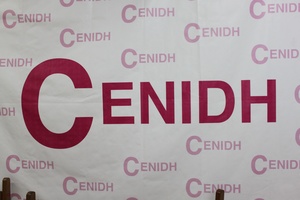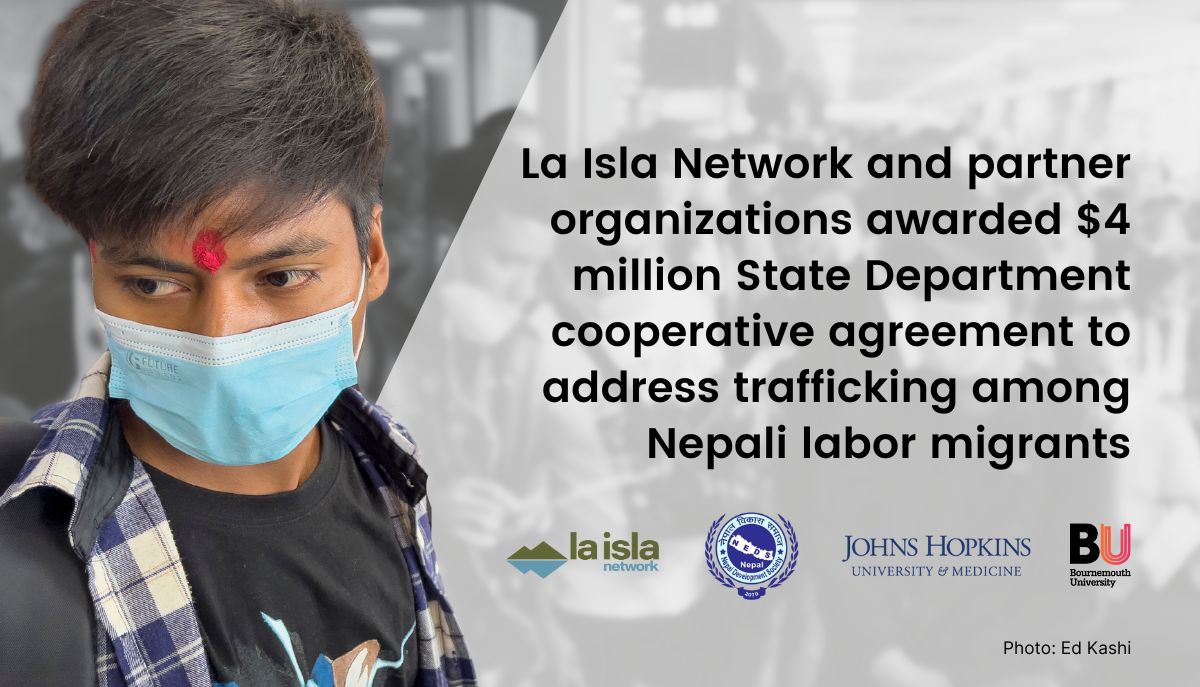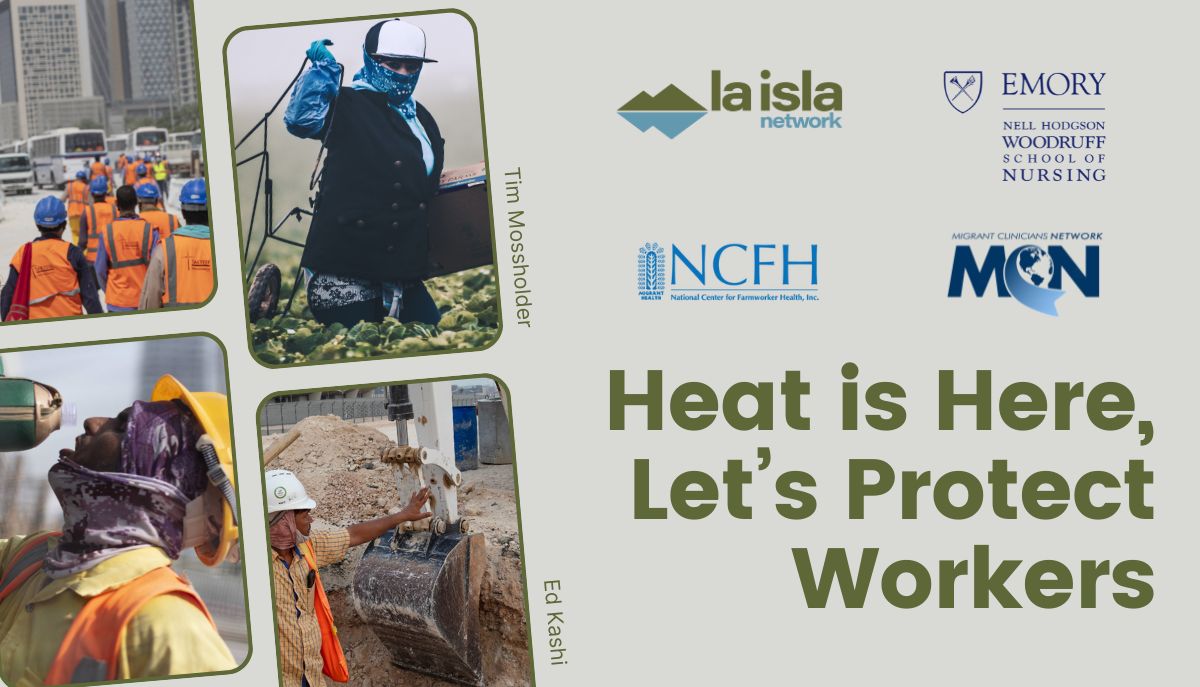In the wake of January protests in Chichigalpa, Nicaragua, the Nicaraguan Center for Human Rights (CENIDH) has published a report on the relationship between CKD-affected workers, the Nicaraguan government, and the sugar company Ingenio San Antonio (ISA).
According to CENIDH, the Nicaraguan government has done little to urge ISA to reform work conditions or negotiate with sick workers. The report also claims that the government has not adequately implemented an existing state relief program that could benefit sick workers. In fact, CENIDH finds that the Ortega administration, through the extension of its national police force, has supported ISA’s interests by violently disrupting legal workers’ rights protests. As a result, “big business” has profited, while work conditions remain dangerous and the death toll mounts.
Continue reading for more detail on this report:
“… On January 30, 2014, the Nicaraguan Center for Human Rights (CENIDH) (El Centro Nicaragüense de Derechos Humanos) published a report that condemned the excessive use of force by police against sugarcane workers of Ingenio San Antonio (ISA) in Chichigalpa, Nicaragua. The report details the events of January 18, 2014, when sick ex-sugarcane workers afflicted by Chronic Kidney Disease of nontraditional causes (CKDnT) protested to demand compensation from the sugar company for their illness. These protests were met with violent and excessive police response. The report chronicles the events of the protest and documents a longstanding pattern of repression perpetrated by the Nicaraguan government, police forces and ISA against sugarcane workers and members of affected communities. CENIDH’s report describes ISA’s consistent denial of responsibility for the sickness that is killing its workers. During the course of this struggle, ISA, apart from providing nominal broad-based charitable support for Nicaraguan communities, has refused to take direct, concrete action to solve this problem, according to CENIDH’s conclusions. The report recounts a struggle that has been occurring for over 20 years, during which groups of former sugarcane workers have used various legal actions, peaceful protests, sit-ins and road blocks to demand access to existing government programs and legally-mandated compensation for their illness. The report states that, “Without addressing the underlying problem, nor solving it comprehensively, successive governments have favored police action characterized by violations of the physical integrity of workers, including life, which has been demonstrated in the cases known to CENIDH.” [1] The report goes on to outline a number of events which demonstrate this pattern of repression: CENIDH concludes that the above events have not only brought pain and social instability into the community of Chichigalpa, but they represent the State’s protection of the interests of ISA in criminalizing and suppressing the legitimate protest of people affected by CKDnT. CENIDH maintains that the excessive use of force that occurred during these protests cannot be blamed solely on the initiative of individual police officers, as this action is not possible without a government order and authorization. CENIDH’s report states In the face of the seriousness of those affected by IRC, rather than state authorities providing adequate care, it is confirmed that those in control are forces of the governing party, who are appearing as mediators, facilitators and interlocutors for the principal absent counterpart (the owners of ISA), and those affected, who require solutions, are given false promises of a solution that does not come, but the repression is only possible with the authorization of the same government. Consequently, the ruling party, with the repressive forces is both executioner and intermediary, acting in favor of big business. [2] (Emphasis added.) CENIDH concludes that the government’s failure to promote programs aimed at mitigating the serious health conditions of those affected by CKD demonstrates their biased interests and has resulted in severe violations of human rights. La Isla Foundation commends CENIDH for their current stance on this issue and joins CENIDH in calling upon ISA to: “…implement forms of assistance that are effective and have greater reach to the affected population and continue to participate in initiatives that will lead to clarification of the causes of the disease and determine those who are responsible. Additionally, [CENIDH] urges the administration of ISA to implement recommendations oriented towards prevention of new cases of CKD by improving work conditions of ISA.” [3] This fight is not new, and the way forward is clear. La Isla Foundation supports CENIDH’s considerations and wishes to amplify CENIDH’s demands upon ISA and upon the government of Nicaragua for comprehensive and swift action on this matter. For full text of the CENIDH report (in Spanish), click here. [1] “Sin atenderse el problema de fondo, ni resolverse de manera integral, los distintos gobiernos que se han sucedido han privilegiado la actuación policial caracterizada por violentar la integridad física de los trabajadores e incluso la vida como ha quedado evidenciado en casos que han sido del conocimiento del CENIDH.” [2] “Ante la gravedad de los afectados por IRC, en vez de brindarles las autoridades estatales la atención debida, se confirma que las que operan son las fuerzas del partido de gobierno que aparecen como mediadores, facilitadores e interlocutores de la principal contraparte ausente (los propietarios del ISA) y mantienen a los afectados que exigen soluciones, con falsas promesas de una solución que no llega, pero sí la represión que sólo es posible con la autorización del mismo gobierno. En consecuencia, el partido de gobierno, con las fuerzas represivas se constituye a la vez en verdugo e intermediario de los afectados, haciendo un favor nada decoroso al gran capital.” [3] “El CENIDH demanda a los propietarios del ISA, implementar formas de asistencia que sean efectivas y tengan un alcance mayor para la población afectada así como continuar participando en iniciativas que conduzcan a esclarecer las causas de la enfermedad y la determinación de las responsabilidades que correspondan. Asimismo, urge que la administración del ISA implemente las recomendaciones orientadas a prevenir nuevos casos de IRC mediante la mejora de las condiciones de trabajo del ISA.”






